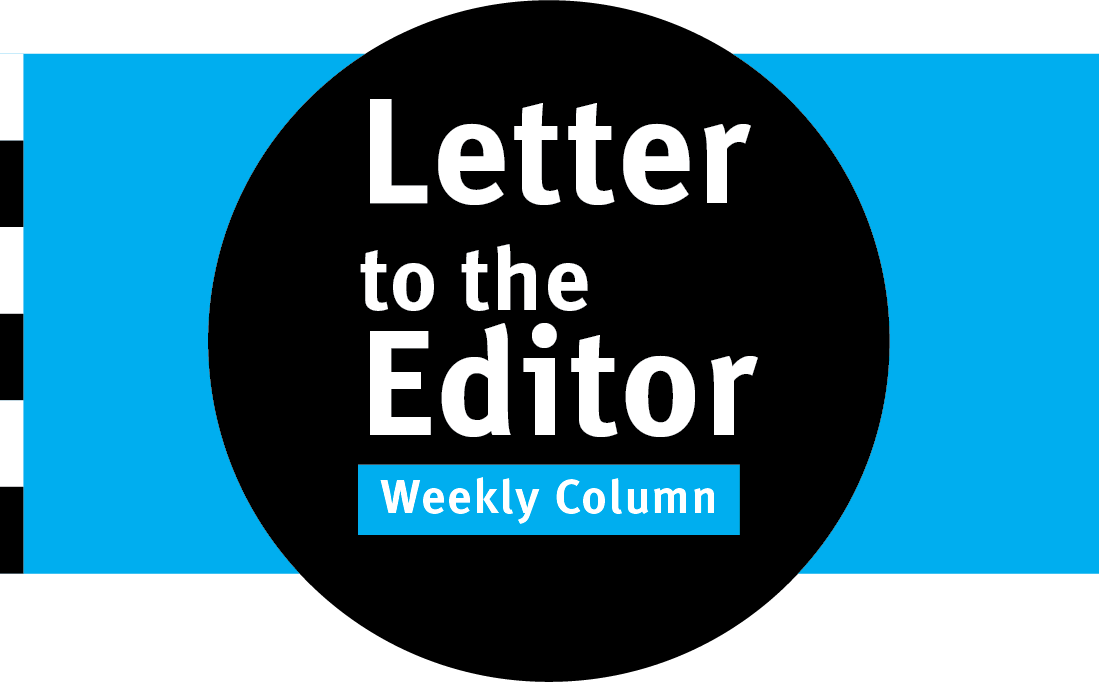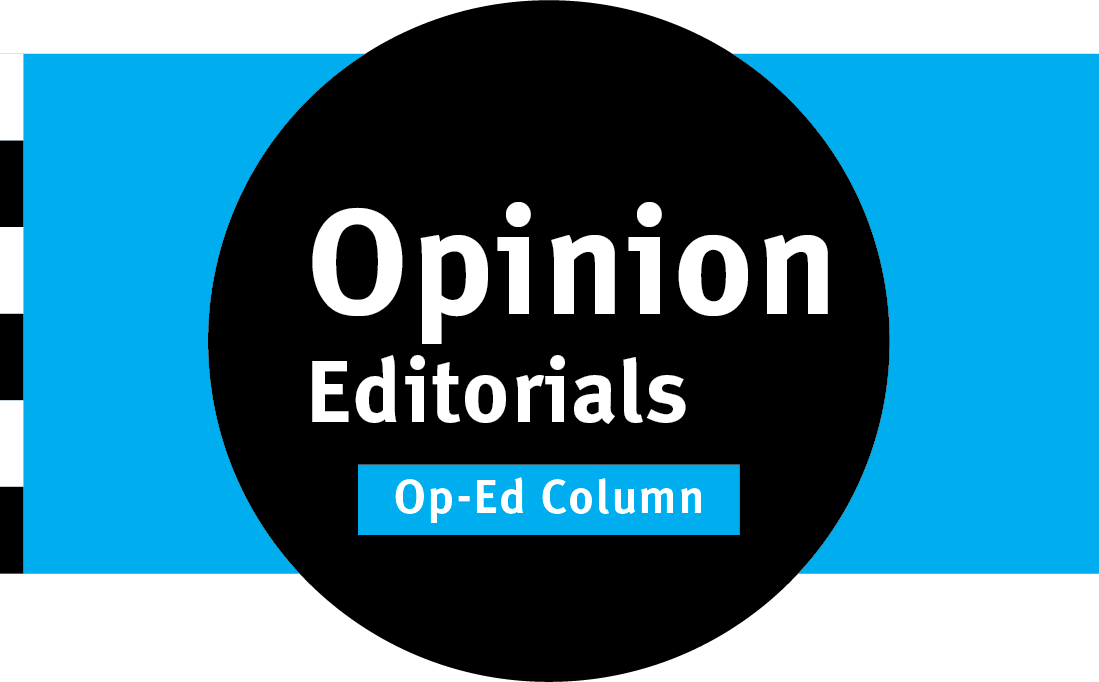Last week, I had a meeting I wish every Cincinnati Jew could have joined. I was on a trip to Israel with Stephen Wise Free Synagogue’s Amplify Israel Rabbinic Fellowship on which I met with freed Israeli hostages, family members of current hostages, parents of Druze children slain in Majdal Shams, survivors of 10/7, journalists, humanitarian leaders, politicians and more. One of the most powerful sessions came when we sat down with a woman name Dr. Kochav Elkayam-Levy.
Sitting down with her felt a little surreal. Having followed Dr. Elkayam-Levy’s work for over a year, her figure in my imagination loomed larger than life. Still, sitting down at a table just a few feet from her, she felt remarkably “real,” to say nothing of intelligent and humble.
For those who don’t know her, Dr. Elkayam-Levy is an expert in gender and international law who, since October 7, 2023, has sought to expose the violence against women and children that took place that day. As she found in the weeks and months thereafter, that task is challenging for reasons she couldn’t have imagined.
“I was very naive before October 7th,” she explained. “I thought the international community would respond very quickly,” at least with regard to the hostages and gender-based violence.
There were four particular things she thought international women’s advocates would do without hesitation: report the horrors, express solidarity, offer help, and give voice to the victims’ suffering. None of them happened.
“I used to cry sharing this,” she said as she began to describe what she went through. “It’s as if Hamas won twice.” She means that not only did Hamas commit their crimes and document them — the first win — but the international community also then ignored or denied Hamas’ crimes — the second.
Dr. Elkayam-Levy didn’t give up. “Do you know the line sur meira ve’aseh tov, [turn from evil and do good]?” she asked, alluding to Psalm 34. She explained, to her, that that meant to ignore the antagonists and to “find the allies.” After a successful visit to the White House, which she described as very helpful to her efforts, she found growing support from expanding numbers — all still against the backdrop of those who decry her efforts.
For instance, when visiting New York to speak in front of the UN, she was shocked to be surrounded by dozens of groups who screamed slanders of Israeli genocide. Meanwhile, largely ignored by the wider world, was a new form of systematic crime against humanity which she and her team identified while reviewing footage. “We discovered a crime without a name,” she said, of what has come to be called “kinocide.” The term refers to the emerging pattern of violence imposed on families on October 7, a consistent and deliberate effort to break a family’s spirit, torturing them in the process of killing victims. As she listed an example — the murder of a mother while she held her children in her lap — Dr. Elkayam-Levy needed a moment to pause, as her resolute exterior was belied by the need to let out a tear. “If there is hell, this is what it looks like.”
Dr. Elkayam-Levy now envisions the eventual creation of an archive to preserve the evidence of the crimes against women and children that took place on October 7. Doing so is especially important since, as she notes, “denialism has become much more sophisticated.” What started, according to her, with just a few internet trolls has now been taken up by major leaders and academics. An archive would hopefully allow Jews and their allies greater ability to combat this trend and to continue to learn from the tragedy.
As committed as Dr. Elkayam-Levy is to the primary sources, she still urges caution to not cause oneself harm by overexposure to graphic and disconcerting content. Cincinnati rabbi, Zachary Goodman (also at the meeting), asked her about how she takes care of her mental health needs, given that she constantly watches traumatizing videos. In addition to therapy and time with her children, she noted that she and her team have procedures to protect themselves from their scarring subject of study. “[We] view the material only in teams,” so they never feel alone. “[We] only [watch videos] in the morning,” so they can have some buffer time before going back to their families.
What she does is unbelievably tough work, even as it’s imperative. “We should do everything in our power to protect our souls,” she said, responding to another rabbi in the meeting with a Cincinnati connection, Rabbi Brent Gutmann. “We don’t have to do it all now.” She described how she expects her future granddaughters to one day open the archive whose existence her work will enable. You could almost hear the subtext of Pirkei Avot, lo alecha hamlachah ligmor, “it’s not upon you to complete the work, though you are not free to desist from it.”
What can we do now to help? “Our role is to give hope, to pray for our nation, our people.” We have to make enduring meaning out of this tragedy. At least one source of meaning already has emerged, in her view: “we have become stronger as a people.” Certainly, at least Dr. Elkayam-Levy has, as her career has coalesced around a line of advocacy she could have never predicted nor would she ever have wanted. To someone like me, she’s an unlikely but undeniable hero — an example to be followed. Whatever domain of work we pursue, we should strive to contribute to and support our people even a tenth as much as she has.
Rabbi Ari Jun
Cincinnati, OH



